Realising the Value of Debate
Informed Practitioner in Sport
APRIL 16, 2021
History provides numerous instances where hotbeds for innovation and progress have sprung up within a particular geographical location (a recent example would be silicon valley). This phenomenon occurs where you find a high concentration of bright inquisitive people who are open and enthusiastic about sharing their ideas and collaborating to create something new and interesting; this acts as a beacon that draws other bright inquisitive minds, in turn generating renewed energy and fueling further

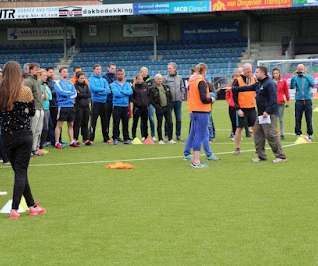
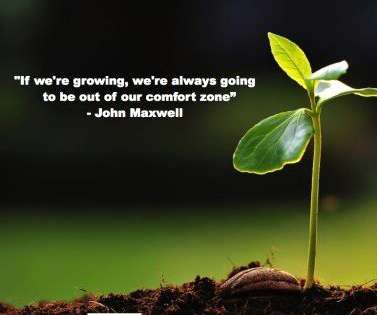
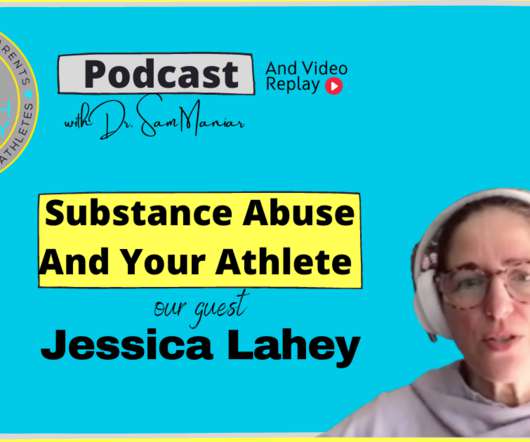
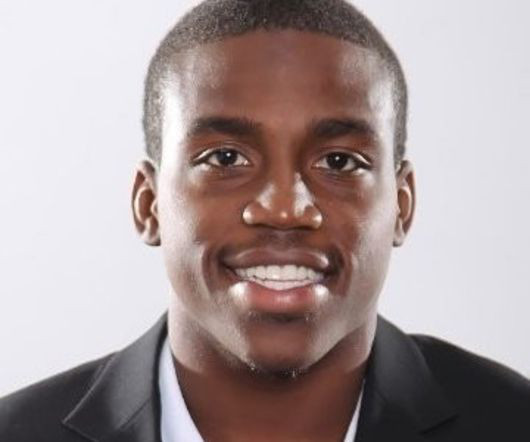
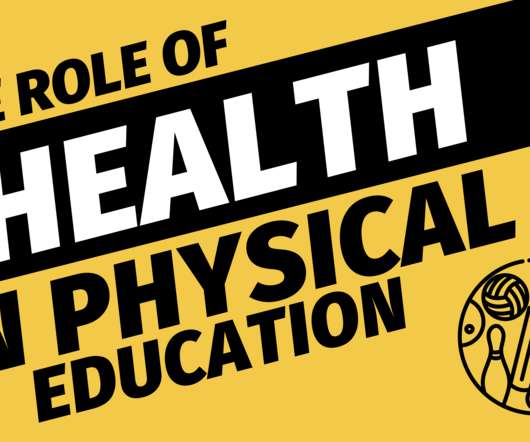
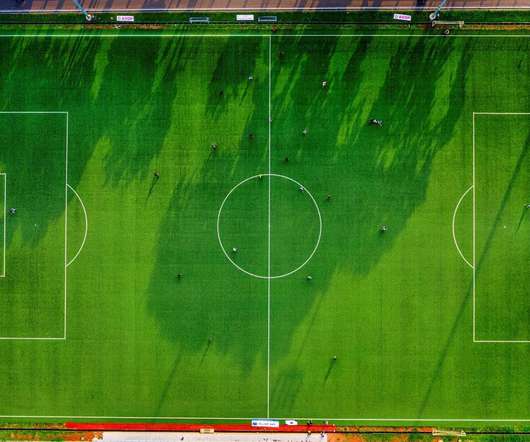
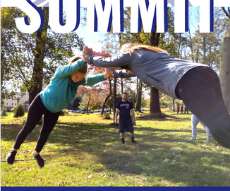
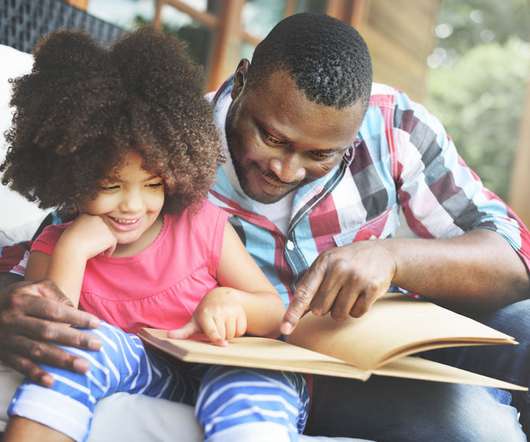
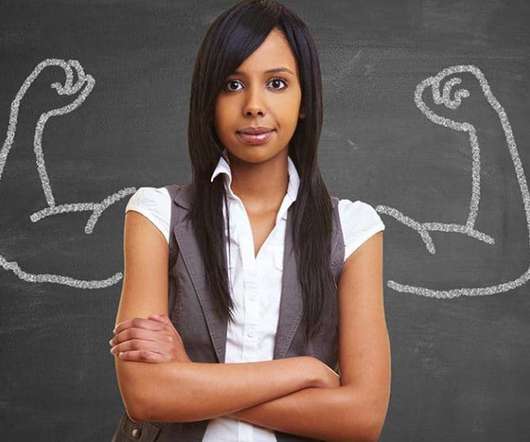
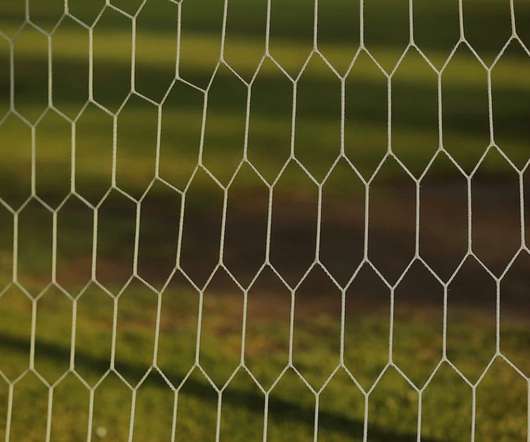








Let's personalize your content